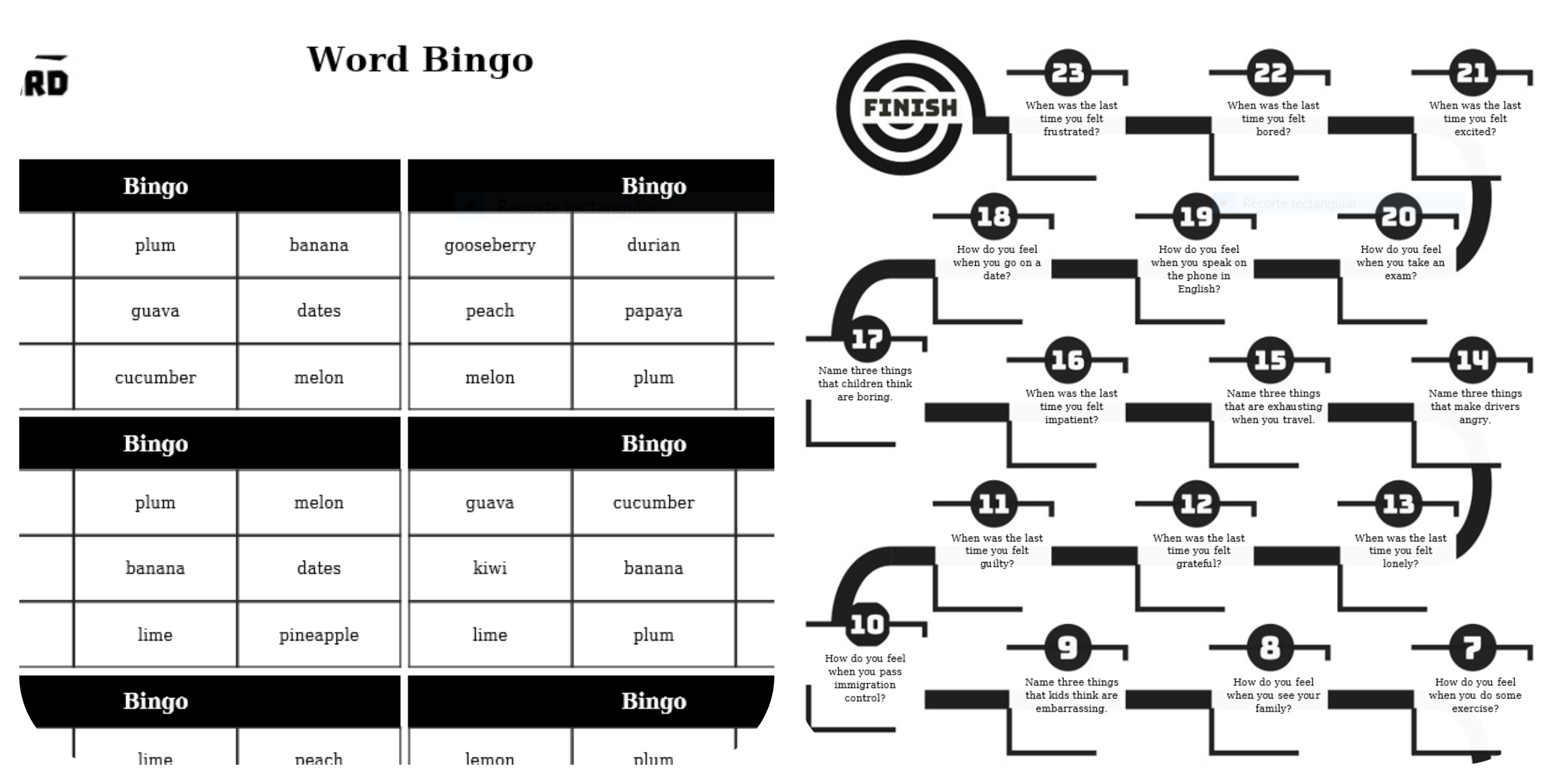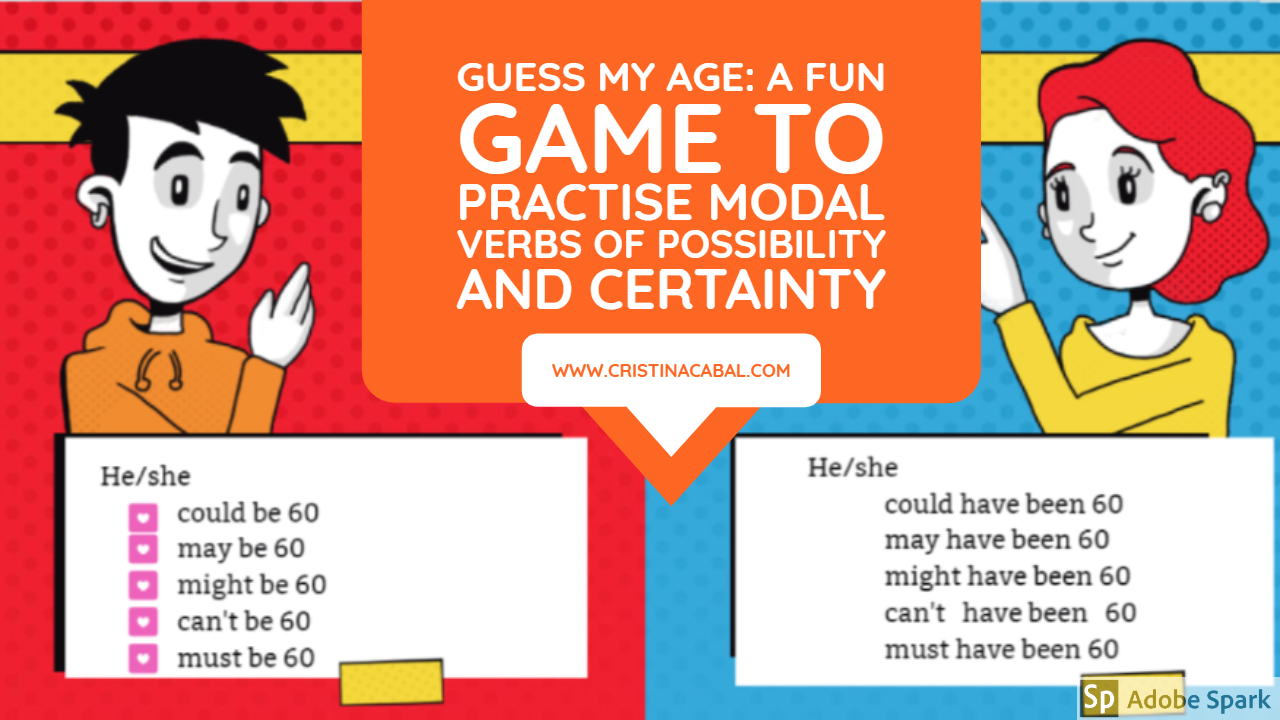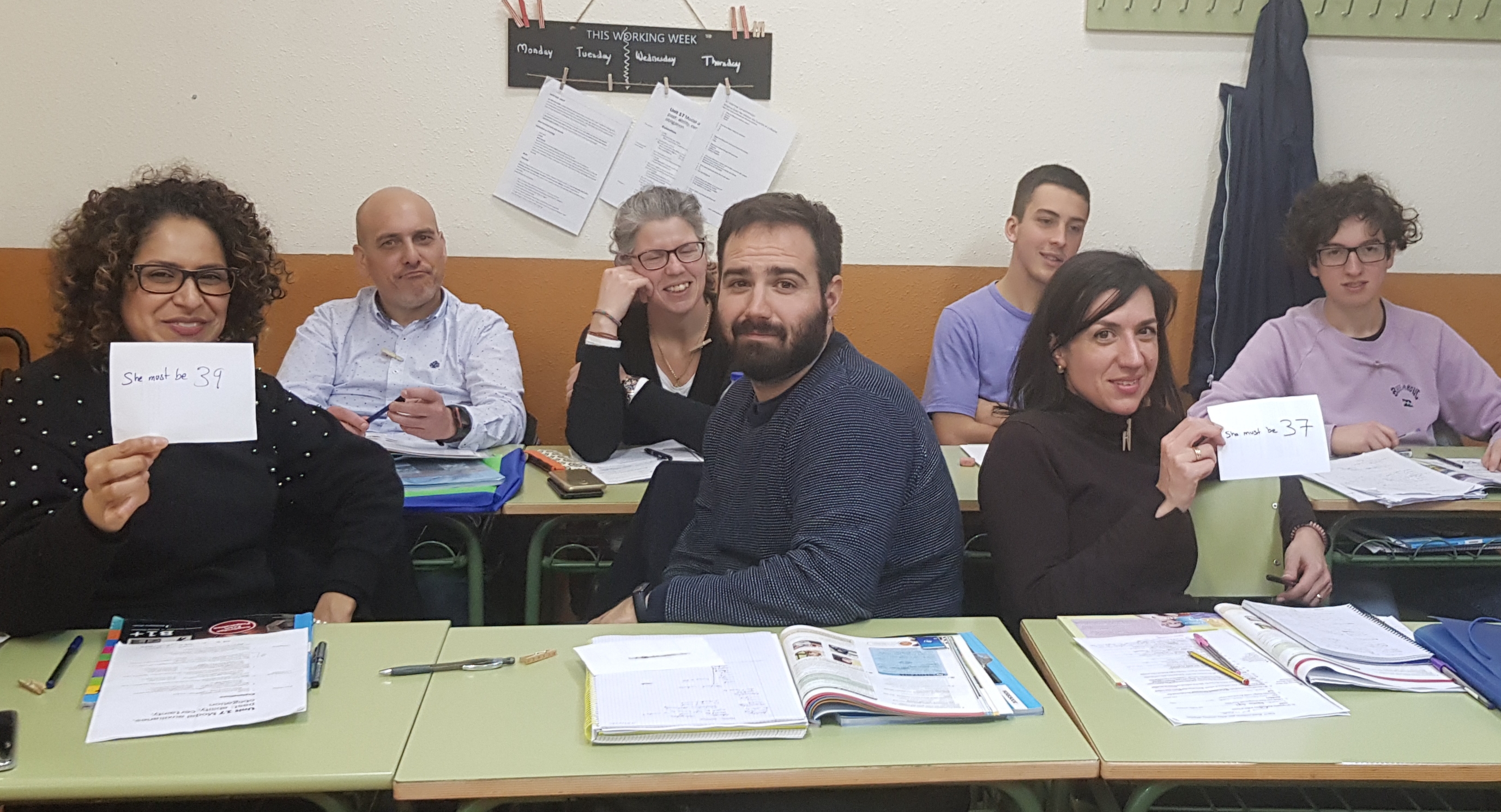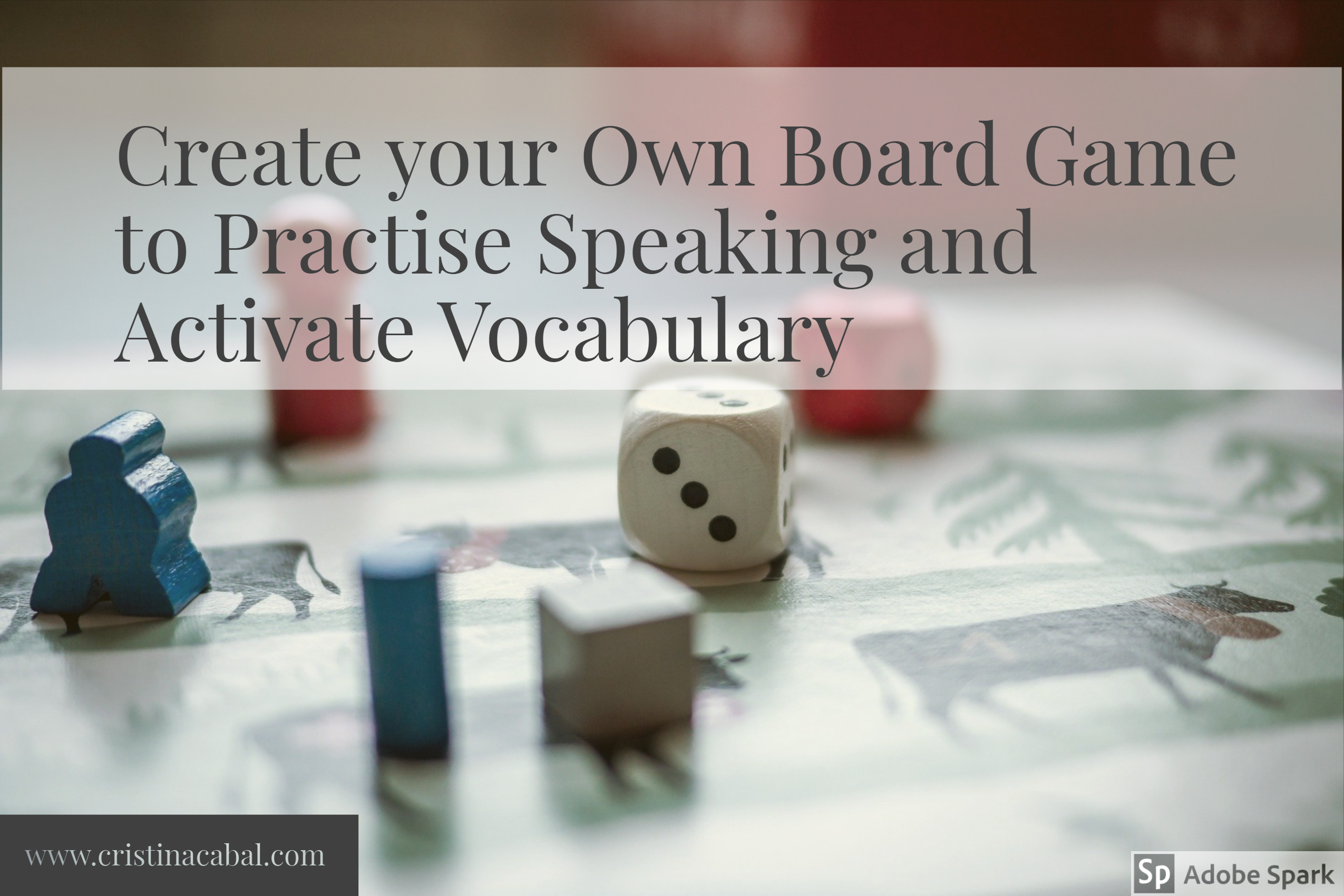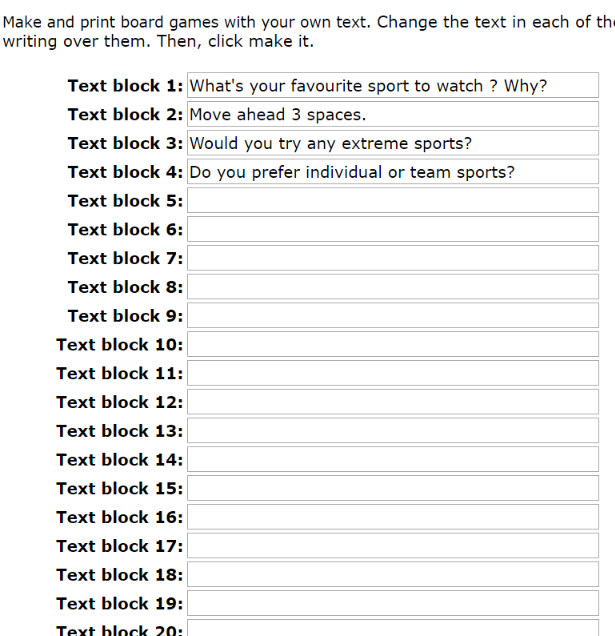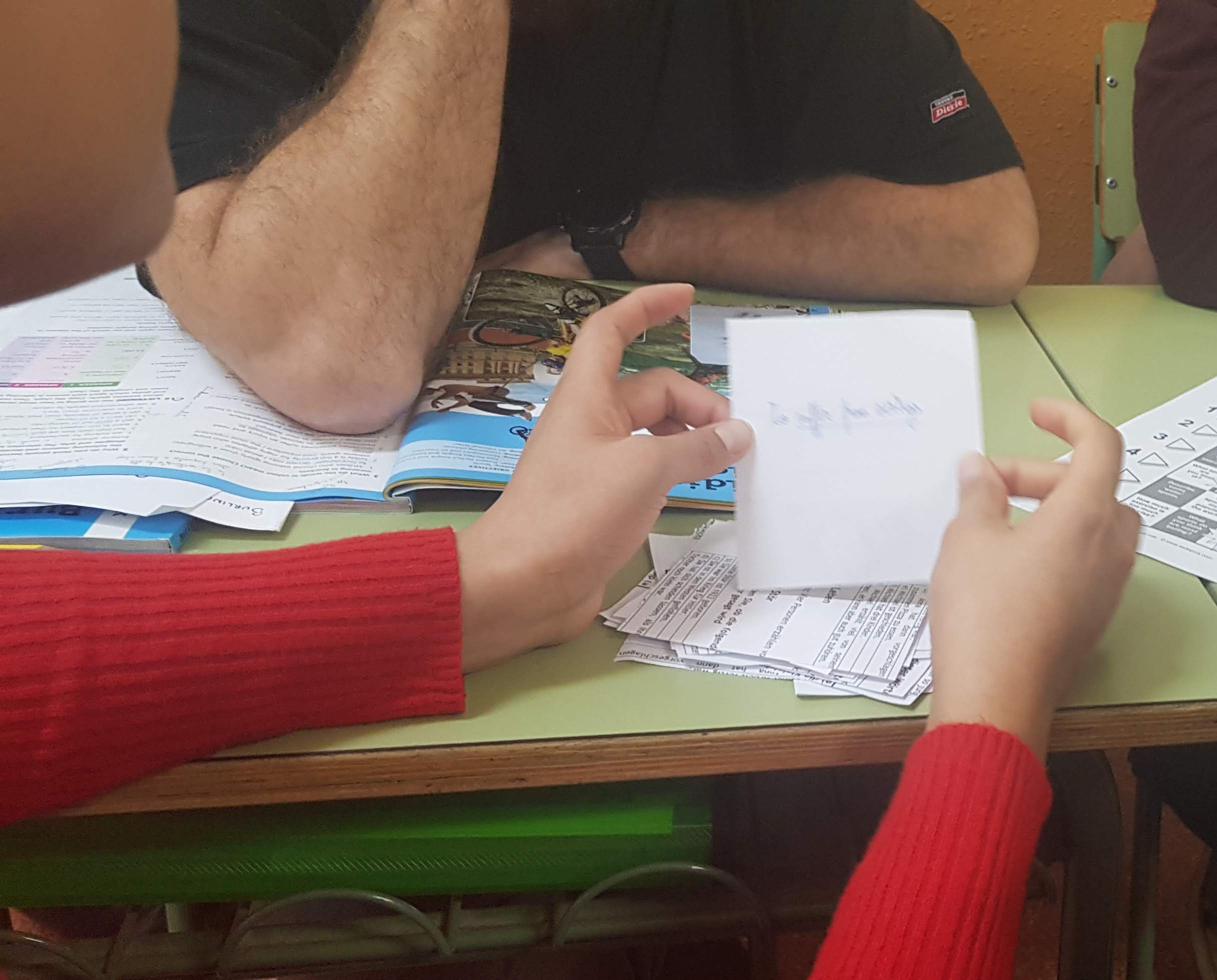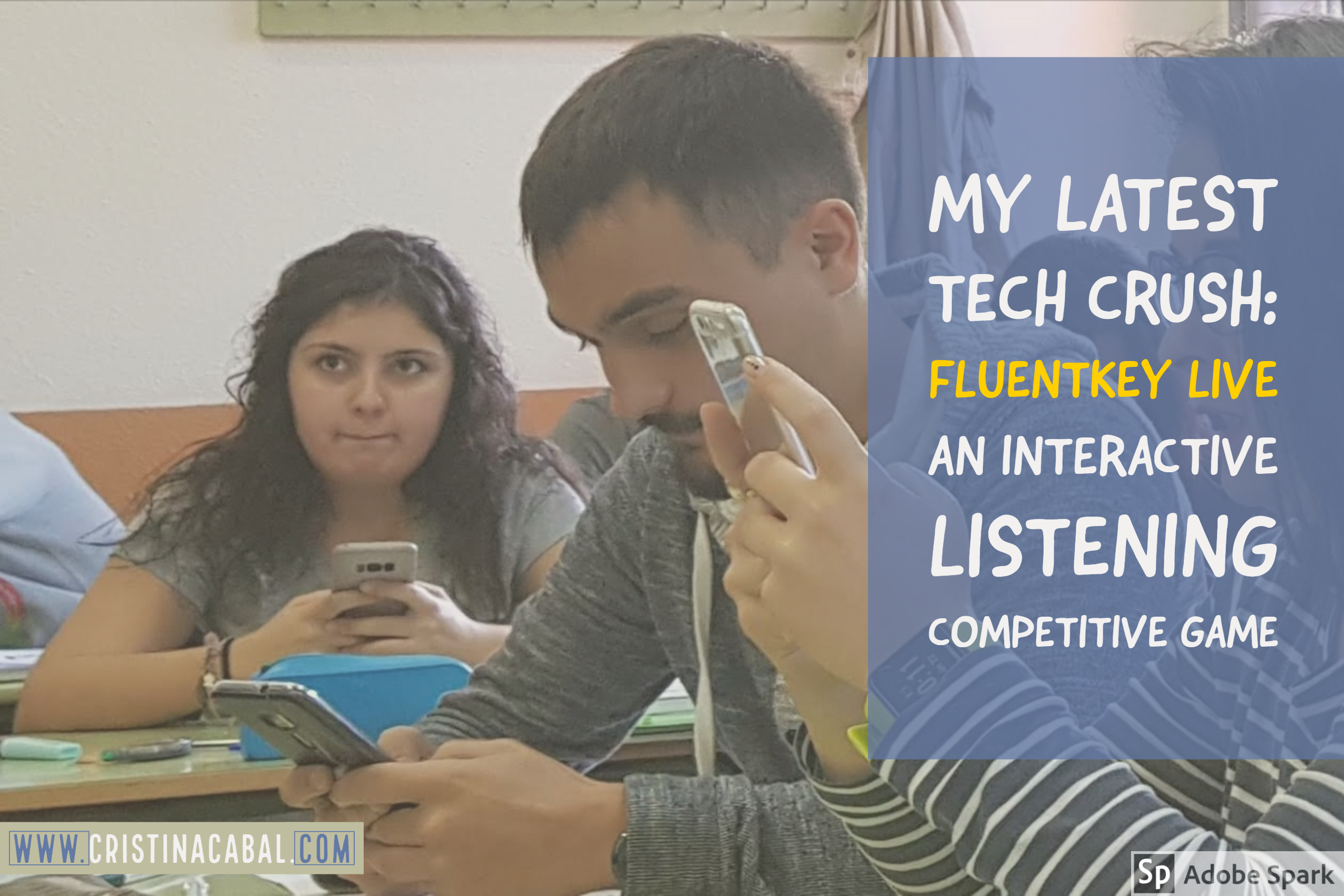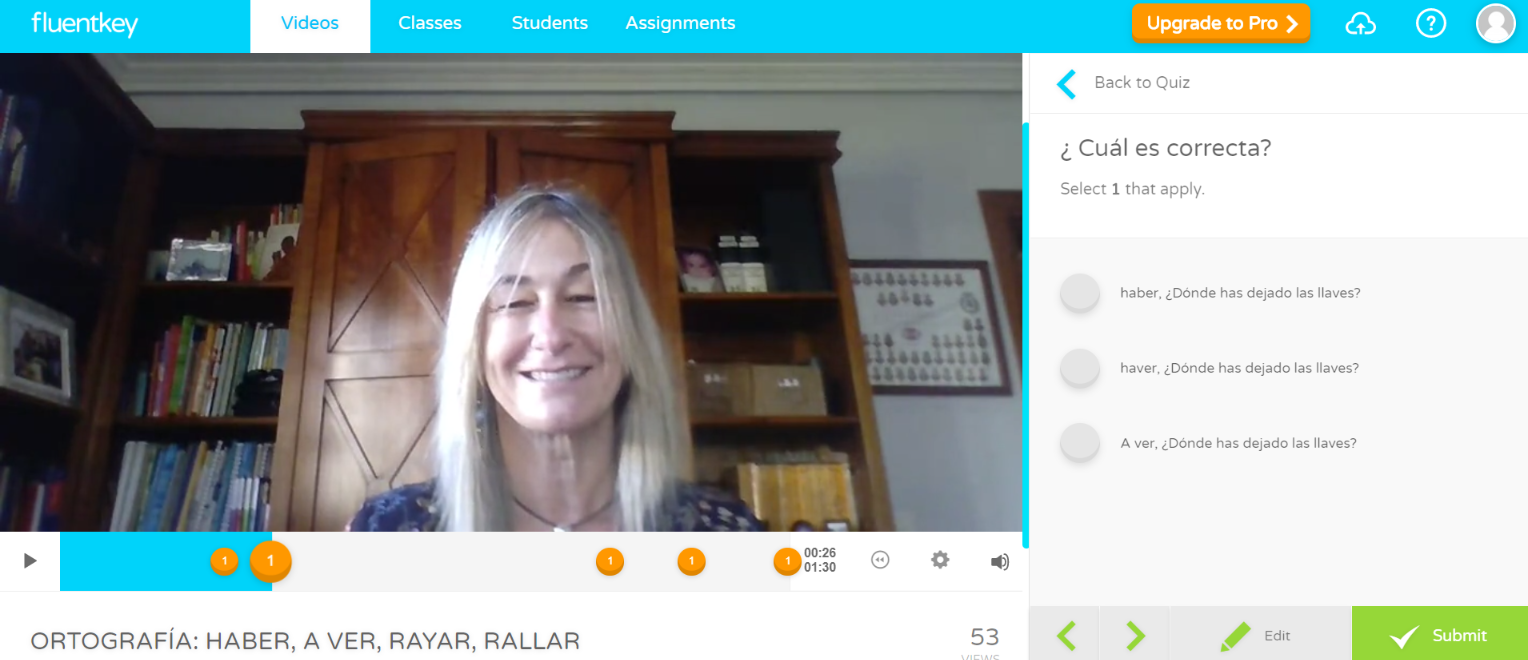Happy February everyone! Finally January is over, and we can start dreaming with the spring. And that reminds me that I need to start thinking about losing some weight. Well, every cloud has its silver lining! I know, I know, we are still in the thick of winter. One can only dream…
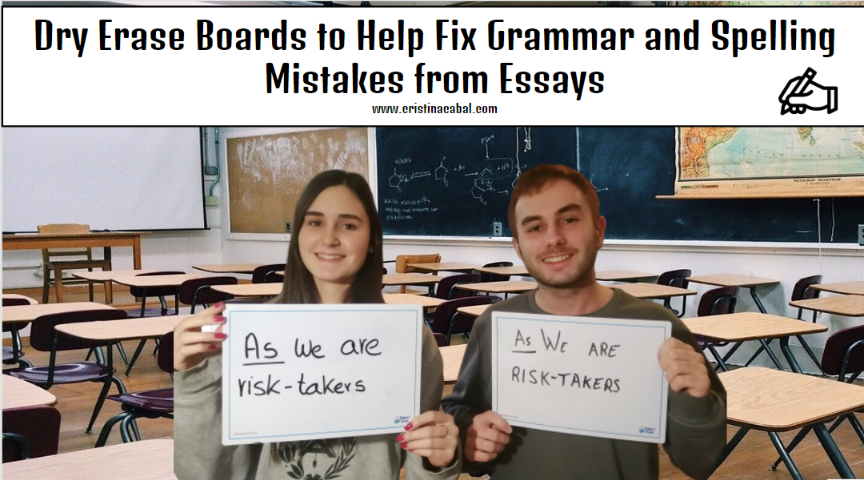
The second term is upon us and it’s now the time to give students the results of their tests. I am never super excited about it. While it’s nice to see how some students are making the most of the course and will pass with flying colours, some others aren’t that lucky and, believe me when I tell you that even after almost 3o years teaching, it still saddens me to see their disappointment. Some of them are smart enough to admit they have not studied enough but for some of them, it is not a question of how much effort they put into it.
And talking about exams, isn’t it true that students tend to always make the same mistakes? I am talking here about grammar and spelling mistakes. Now, how many of you have corrected the spelling of “writing” or a “people goes”. See? It shouldn’t be that difficult to correct if, when we teach what we know is bound to become a mistake, we teach, revise, reinforce and emphasize the correct form. If only it were that easy… I can hear you say!
Anyway, these are some of the most easy-to-fix mistakes my B2 students have made in their essays. Problem is that if I give them their exams with the mistakes underlined and corrected, they are going to say “oh yes, silly me, I know the grammar for this, teacher!” and after a brief glimpse at the mistake, they are just going to forget it. What? Over my dead body!

On the blog, there are a lot of games and strategies to help students analyze and fix their written mistakes. This is just a new one! Fun, but also hopefully, effective!
For this activity, I have used a template that won my heart as soon as I spotted it on Genial.ly and some dry erase boards, which you can easily substitute by a regular A4 sheet of paper. You can, but it is more fun if you use a dry board. Don’t know why, but it is. Trust me.
Dry Erase Boards to Help Fix Grammar and Spelling Mistakes from Essays
You need
- Grammar and spelling mistakes from students’ essays.
- Dry Erase Boards and whiteboard markers (alternatively regular A4 sheets of paper).
Note: click on the 3 dots to enlarge the presentation. Notice the Push here button to advance through the slides.
Procedure:
- Divide the class into teams of three and give each team a dry erase board and a whiteboard marker. Tell teams to quickly come up with a creative name for its team. Write the names of the teams in a list on one side of the board.
- Display the first mistake and give students 45 seconds to discuss the mistake and try to fix it. You can use a timer from www.online-stopwatch.com or from classroom screen.
- When the time is up, a representative from each team needs to raise the board with their guess at correcting the mistake.
- Ask them to comment and discuss the mistake as a whole class.
- If it’s correct, they score 1 point.
- The team with the most points at the end wins.
At the end of the exercise, students do the exercises again but this time orally. This retrieval practice is what is going to help students remember the correct structure or spelling.
The next day, I would suggest asking students to discuss in pairs the mistakes and their correction, to fix knowledge.
Fun and effective! Enjoy teaching!

